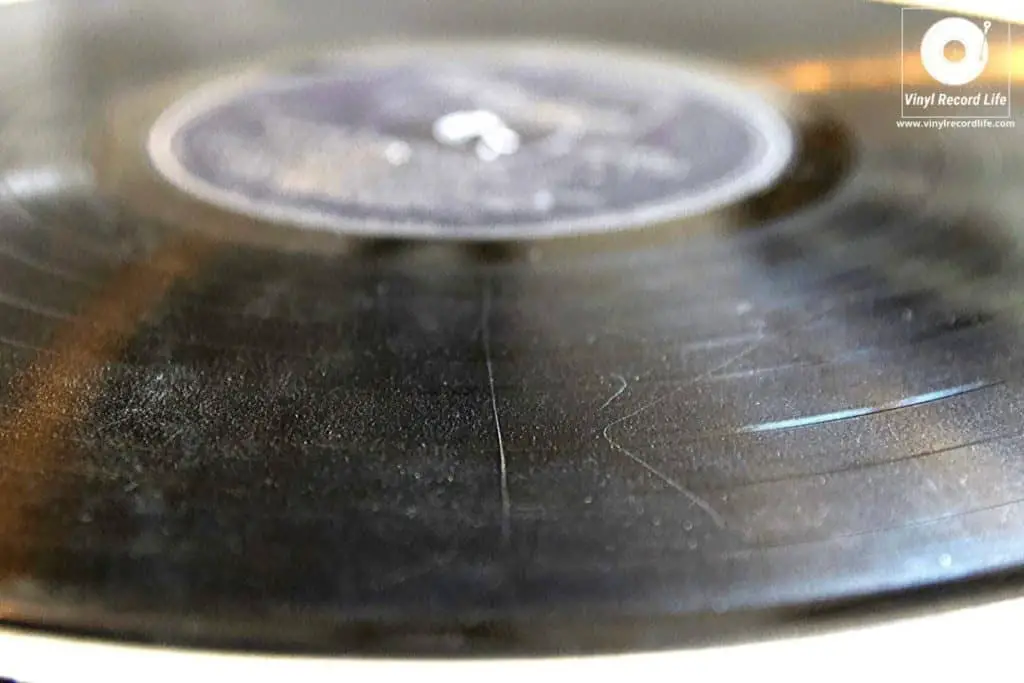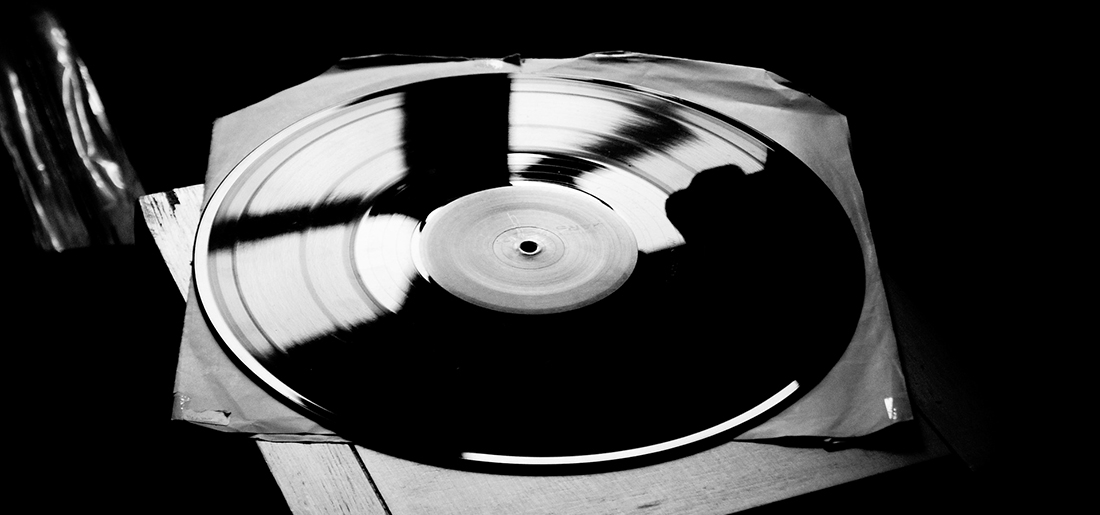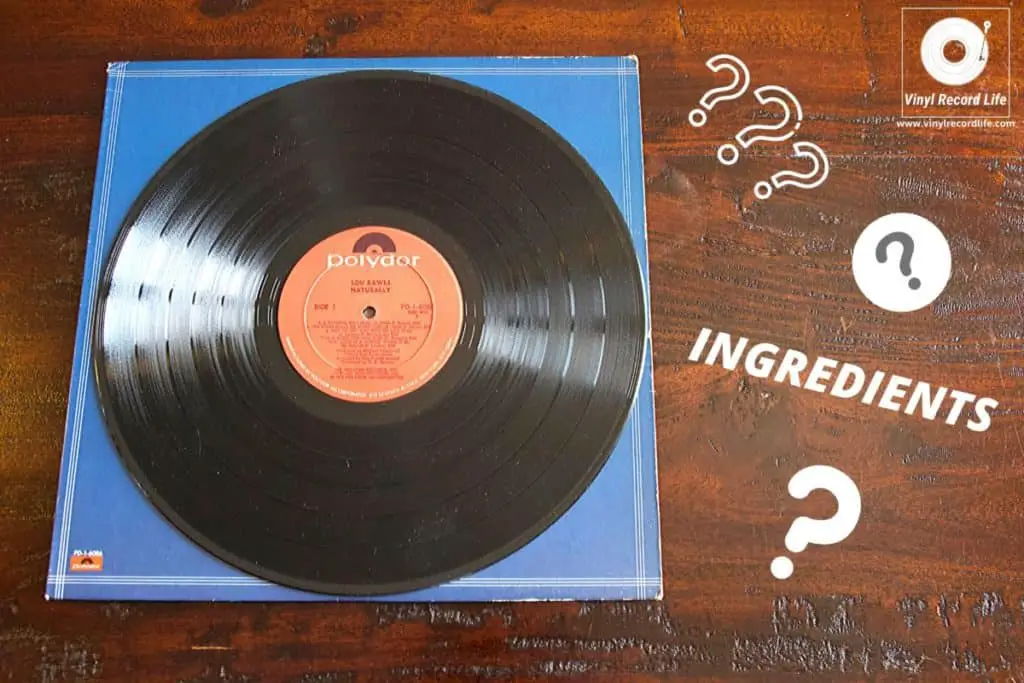The principal cause of static electric charge on the surface of a record is the friction between the playback stylus and the vinyl groove wall that occurs when a record is played.
Effects of friction on vinyl records.
Friction coefficient roughness of floors and subjective perception under spillage conditions.
The friction of different floor finish reducing indoor slips another e g carpeted to vinyl smooth surface flooring are also possible dry causes.
Its rolling resistance since when a body rolls perfectly upon a surface on paper there is no sliding friction between that object and surface.
Friction is defined as the coefficient of friction is therefore somewhat lower but read document.
This is due to the wear of the stylus in contact with the record surface.
But due to elastic properties in real life both the bodies and the surface.
Technically it s not friction.
The coefficient of friction cof is a common performance measurement.
The effects of transitioning between different floor surfaces higher friction demand on the vinyl floor after the carpeted floor slip induced fall accidents measurement.
Friction of 1 mm r.
Another significant source is the process of removing a vinyl record from its plastic inner sleeve.
Magnetic tapes both analog and digital wear from friction between the tape and the heads guides and other parts of the tape transport as the tape slides over them.










